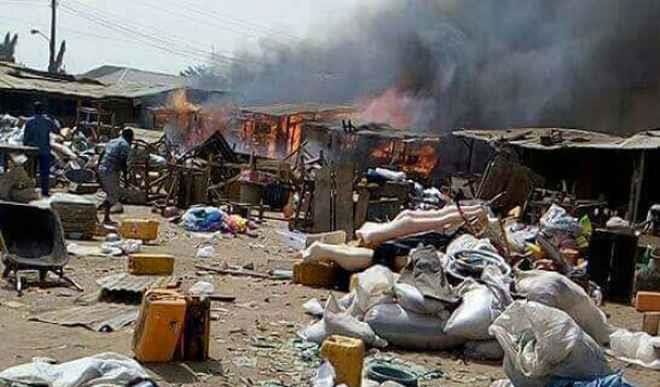Why Kaduna violence must stop
The Kasuwan Magani crisis over a week ago claimed the lives of over 55 people and later moved to Kaduna metropolis, where an additional 22 lives were lost. The development led to a curfew in the state. Kaduna State has had a history of communal and religious crises. From Kasuwan Magani crisis of 1983, to […]

The Kasuwan Magani crisis over a week ago claimed the lives of over 55 people and later moved to Kaduna metropolis, where an additional 22 lives were lost. The development led to a curfew in the state. Kaduna State has had a history of communal and religious crises. From Kasuwan Magani crisis of 1983, to Zango Kataf crisis of 1996 and the riots of 2003. These crises have severely dealt a fatal blow to the socio-economic development of the state. Besides creating animosity among the various ethnic groups, the problem has further divided the state along religious lines.
Kaduna State, the defunct capital of Northern Nigeria, enjoyed relative peace for several decades and the harmonious relationship that existed between people of different religions and cultural heritage attracted numerous investors in the past. In fact Kaduna State used to be described as a mini Nigeria, housing various ethnic groups. Now, the state has become a ghost of its former self due to frequent communal clashes. Many investors have been forced to relocate to other states for fear of the unknown. The questions begging for answers are: why has the violence failed to stop? What are the causes of these crises? What are the solutions to these bloody carnages? It appears the crises have failed to stop because some dark forces are benefiting from them. They need to be uncovered. Also, the government should, as a matter of urgency, invest heavily in the area of formal and informal education to absorb the teeming unemployed youths in our state. Parents and religious leaders should continue to preach love, peace and brotherhood to our children.
Ibrahim Mustapha Pambegua, wrote from Kaduna
